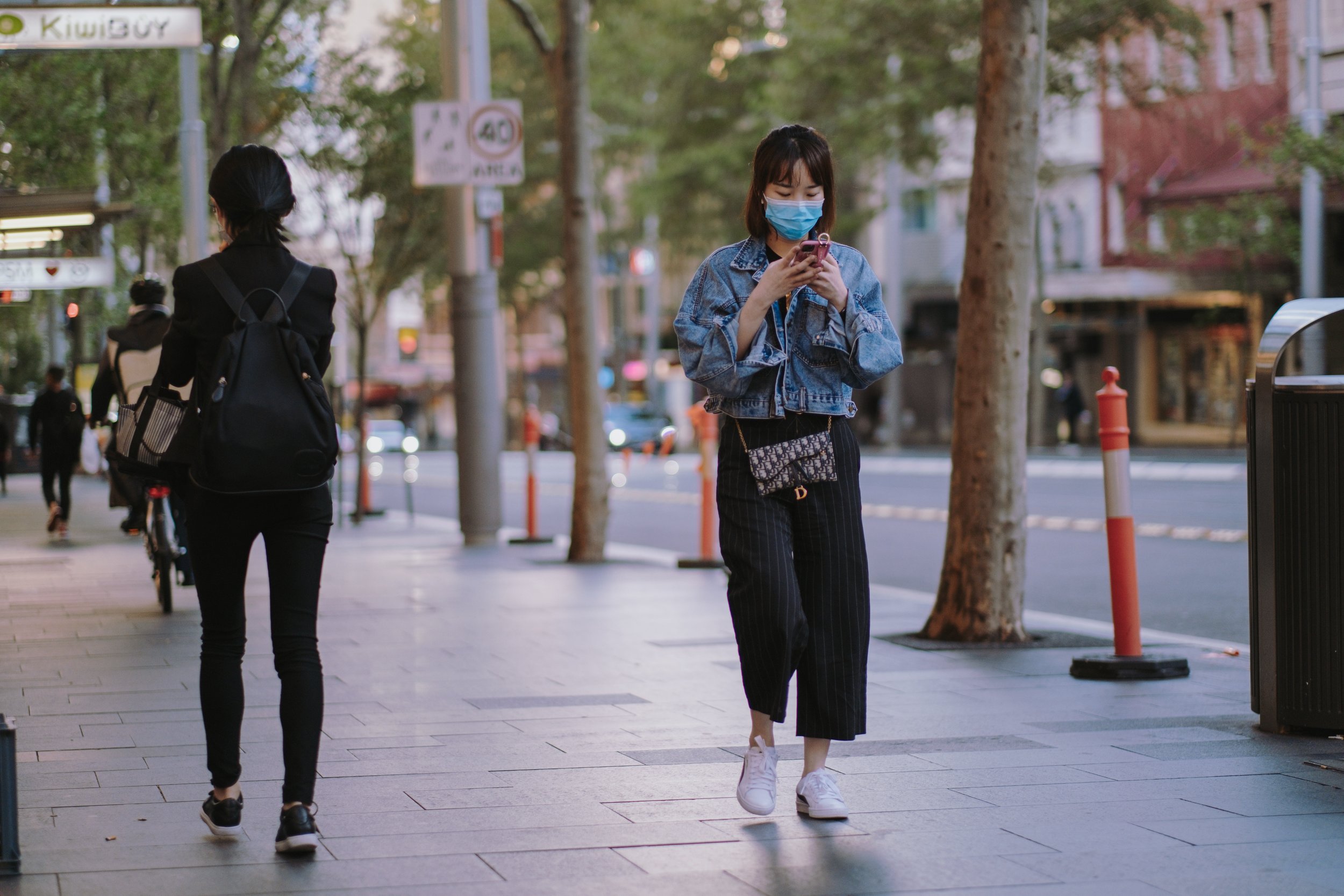How to boost your creativity
When inspiration and execution come easily
Text: Rachel L
More than a superpower available exclusively to artists, poets, or musicians, creativity is crucial in every form of work and aspect of human life. You’ll find its magic behind thoughtful marketing strategies, cinematic masterpieces and the imaginative adventures of a child’s playtime. A powerful tool for unlocking impactful and, sometimes, world-changing ideas, creativity is a reserve of potential that lies within all of us. The real question is how do we access it? We lay out 3 attitudes to adopt to help you boost your creativity.
Learn to say no to creative anxiety
If you’re familiar with Ian Lyon’s research, you might have heard of the Math Anxiety Scale – a term that the psychologist coined after his discovery that an individual’s heightened anxiety about their ability to perform mathematically eventually led to reduced performance and motivation to improve.
The same phenomenon, his student, Richard Daker, found also applies to creativity. Individuals who struggle with fears and insecurities about their ability to create original work tend to find this ability severely hindered due to their worries.
He also highlights, however, that creativity anxiety is something that can be worked through using various solutions. These include:
Keeping up a habit of expressive writing or journaling your thoughts before engaging in creative work to help clear your mind. Expressive writing has been found to help reduce test anxiety and it is likely that it can produce the same therapeutic effects when dealing with creative anxiety.
Finding opportunities to work creatively in low-stake situations. Creativity is like a muscle that gets stronger each time it’s used– allowing yourself to exercise it in less stressful situations will allow you to gain confidence and learn to access it easier.
Best-selling author, Matt Richtel, also explains that it's important to manage perfectionist attitudes when conducting creative work. He highlights that the goal is not to create something perfect from the get-go but to build something that you can grow and develop over time. Remember that making mistakes is part of the process and don’t let the fear of imperfection stop you from creating!
Provide the perfect opportunities to enter the “flow state”
A term created by Mihaly Csikszentmihalyi, the “flow state” describes a state of intense focus which leads to a sense of ecstasy and clarity where your work simply pours out of you. Interestingly, the flow state does not simply involve a state of mind but has also been observed to bring about physiological changes which resulted in deeper breathing, slower heart rates and the activation of facial muscles involved in smiling.
More importantly, it’s a state of creativity that anyone can access.
Psychologists have pointed out the importance of building the optimal environment to access the flow state. Interruptions in particular have been found to be extremely disruptive in engaging deep, focused work thus hindering the ability to engage with the task at hand. Another thing to consider would be the activity you’re engaging in. Working on something meaningful, challenging but still achievable allows individuals to better connect with what they’re doing and access their creativity. Take the time to bring yourself on a journey of self-discovery and uncover what you’re truly interested and invested in. Finding the sweet spot between your passion and capabilities will help you realise what work you should be using your creative energy on which is the first step to boosting your creativity.
Practice mindfulness
While the flow state has undergone much research, psychologists have admitted that they are still not absolutely sure about the mechanics and processes it involves. As such, it can only be seen as a “good accident” that we constantly try to get involved in. However, something we can do is to cultivate a habit of mindfulness. A similar concept to the flow state, mindfulness, according to psychologist, Ellen Langer, refers to the process of actively noticing new things. This, she explains, allows us to be fully present in the moment and this translates into greater attention to detail, memory and creativity!














